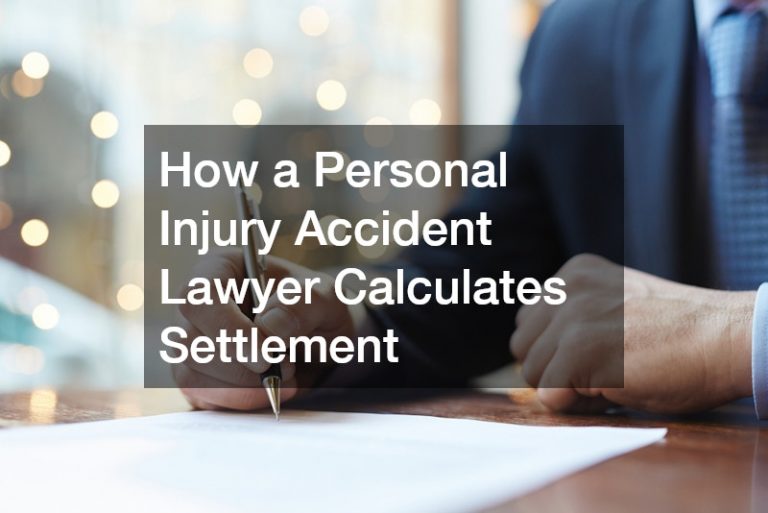The dream of becoming a British citizen has become a more demanding pursuit in recent times. The UK government has implemented a series of changes to its citizenship rules, aiming to create a more selective process. This article delves into these changes, exploring the challenges they present for hopeful applicants, alongside the support measures being introduced.
A Longer Journey: Increased Residency Requirement
Previously, individuals could apply for British citizenship after residing in the UK for a continuous period of five years. This timeframe has now doubled to ten years under the new rules, effective from December 2023.
This significant increase undoubtedly adds another layer of commitment for those seeking to build a life in the UK. The extended period of residency may pose difficulties for individuals with careers or family situations that require frequent relocation.
Beyond Language: Demonstrating Integration Through British Values
While proficiency in English language skills was always an aspect of the application process, it’s no longer a mere formality. The new rules demand a higher level of competency, assessed by a UK Visas and Immigration (UKVI) approved test. This ensures clear communication skills for successful integration into British society. Additionally, applicants are now expected to demonstrate a deeper understanding of British values. This goes beyond memorizing historical dates; it involves familiarity with the country’s legal systems, cultural norms, and democratic principles. British citizenship solicitors can advise applicants on the best resources to prepare for these aspects of the application, ensuring a well-rounded presentation of their understanding.
A Two-Tier System? Impact on Different Applicant Groups
While the overall changes make it more challenging to acquire British citizenship, the impact varies depending on the applicant’s background. EU citizens residing in the UK post-Brexit have been offered a smoother path. They are granted permanent residency rights, allowing them to live, work, and study in the UK indefinitely. This status opens the door to applying for British citizenship after completing a further five years of residence. This differentiation highlights a potential two-tier system, raising questions about fairness and the UK’s approach to immigration in a post-Brexit world.
Financial Hurdles: Increased Fees and Backlogs
The financial aspect of obtaining British citizenship has also become a steeper climb. The application fee has jumped significantly, adding another financial hurdle for hopeful citizens. This increase, justified by the government as necessary to cover processing costs, has been met with criticism for placing an additional burden on applicants, particularly those from less privileged backgrounds.
Furthermore, the UK is currently grappling with a backlog of citizenship applications. This backlog, caused by a surge in demand and staff shortages, is leading to frustrating delays. While the Home Office assures efforts are underway to address this issue, the wait times can add significant stress to the application process.
Support Measures and Ongoing Debates
The government has acknowledged the challenges faced by applicants and has introduced some support measures. A new citizenship support scheme is planned to assist individuals with navigating the application process. Additionally, a review of the UK citizenship ceremony aims to enhance its inclusivity and welcoming nature. However, despite these initiatives, the overall changes undeniably make the journey to British citizenship more demanding and expensive. This raises concerns about fairness and accessibility, particularly for those from less privileged backgrounds or those with limited English language proficiency.
British Citizenship Solicitors: Navigating the Complexities
The complexities of the UK citizenship application process, coupled with the recent changes, make it highly advisable to seek professional guidance. British citizenship solicitors possess a comprehensive understanding of the legal framework and the nuances of the new rules. They can provide invaluable support throughout the application journey, offering assistance with:
- Assessing eligibility based on the latest rules and individual circumstances.
- Identifying and compiling the required documentation in a timely and accurate manner.
- Preparing for the English language test and understanding of British values assessment, ensuring a strong performance and demonstration of integration.
- Liaising with the Home Office on behalf of the applicant, ensuring clear communication and addressing any potential delays or issues that may arise.
Investing in legal expertise can significantly increase the chances of a successful application, saving time and reducing stress for applicants.
Conclusion: A Selective Path Forward
The path to British citizenship has become a more selective one in recent times. The new rules raise the bar for applicants in terms of residence time, English language proficiency, and understanding of British values. While the government has introduced some support measures, the process remains complex and requires careful navigation. British citizenship solicitors can provide crucial guidance and ensure a smooth application journey for those seeking to become British citizens, helping them navigate the complexities and fulfill their dream of becoming part of the UK.
.



